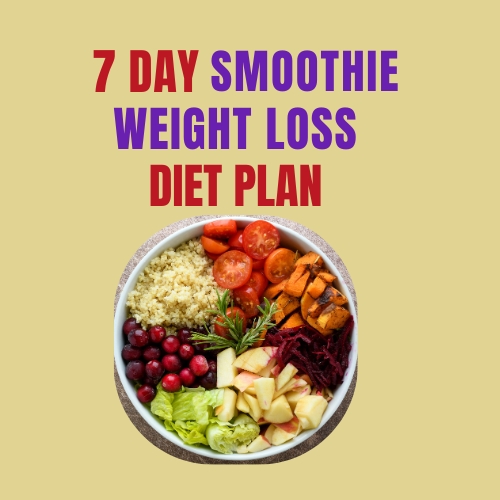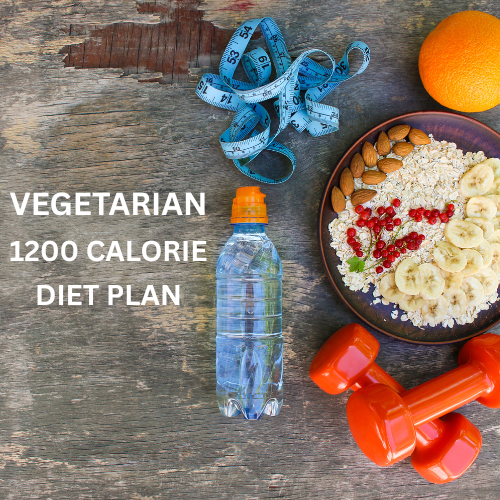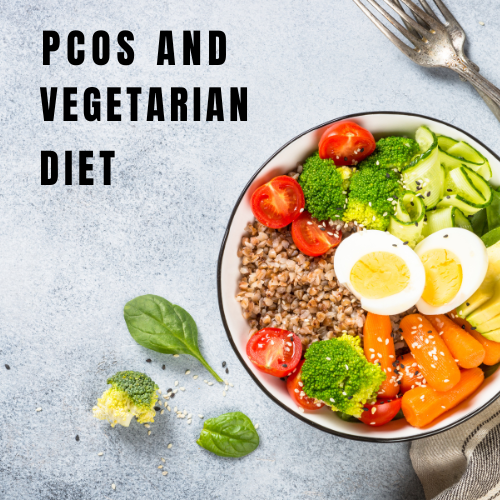Gluten Free Mediterranean Diet: A Balanced Approach to Health and Wellness
When you imagine a heart-healthy, healthy eating pattern, the Mediterranean diet is what comes to mind. It focuses on fresh fruits, vegetables, whole grains, lean proteins, and healthy fats. That said, when gluten must be avoided because of celiac disease or gluten sensitivity, some modifications are in order. A gluten free Mediterranean diet provides the same benefits of this proven eating approach, without the danger that gluten can present to some people.
Let us see how this balanced regimen can promote your general well-being and how you can effectively adopt it.
What Is a Gluten Free Mediterranean Diet?
The Mediterranean diet is patterned after the native food culture of Greece, Italy, and Spain. It is abundant in antioxidants, omega-3 fatty acids, and fiber. A gluten free Mediterranean diet follows this timeless pattern except that it does away with all the foods that contain gluten, like wheat, barley, and rye.
Rather, it incorporates naturally gluten-free staples such as quinoa, rice, and corn and is thus appropriate for individuals with gluten intolerance or celiac disease. This modification retains the essential benefits to health while promoting digestive comfort and security.
Benefits of a Gluten Free Mediterranean Diet
Supports Heart Health
Both gluten free Mediterranean diet can help promote cardiovascular health. With emphasis on olive oil, nuts, fish, and raw vegetables, a gluten-free Mediterranean diet reduces inflammation and bad cholesterol.
Aids in Digestion
Removing gluten can ease bloating, gas, and stomach pain, especially in individuals who have gluten sensitivity. When paired with high-fiber fruits and vegetables, it enhances a healthy gut and normal bowel movements.
Helps Maintain a Healthy Weight
Because this diet plan focuses on whole, unprocessed foods and has reduced added sugars, it will be able to support you in managing your weight better. Most individuals discover that the changeover to the gluten-free Mediterranean diet leads to enhanced satiety and reduced cravings.
Boosts Nutrient Intake
This diet is rich in foods that are dense in nutrients, such as leafy vegetables, legumes, fish, and nuts. It also promotes moderate dairy and lean poultry, so you get a good variety of vitamins, minerals, and essential fatty acids.
Key Foods to Include
To adhere to a successful gluten free mediterranean diet, use the following food groups when preparing your meals:
Vegetables and Fruits
Select a colorful mix of fruits and vegetables daily. These are sources of antioxidants, fiber, and vital vitamins. Opt for seasonal items like tomatoes, cucumbers, spinach, and berries.
Lean Proteins
Fish, particularly fatty fish such as salmon and sardines, are an essential part. Chicken, turkey, eggs, and legumes are other vital protein sources in this regimen.
Healthy Fats
Extra virgin olive oil is a mainstay. Include nuts, seeds, and avocados for added heart-healthy fats. These fats are critical on a gluten-free Mediterranean diet to help decrease inflammation and support brain function.
Gluten-Free Whole Grains
Choose safe grains such as brown rice, quinoa, millet, and certified gluten-free oats. Steer clear of normal bread and pasta unless it is labeled gluten-free.
Dairy in Moderation
Low-fat yogurt, kefir, feta, and Parmesan cheese may be added. They contribute protein and calcium without too much saturated fat.
What to Avoid
Even with an emphasis on what to eat, knowing what to exclude is also crucial in a gluten-free Mediterranean diet. Avoid:
- Wheat bread and pasta
- Barley and rye
- Malt foods
- Processed snacks with gluten
- Fried foods are covered with flour unless gluten-free ones are used.
Label reading is critical, even on sauces and packaged foods, since gluten is hidden in most processed foods.
Meal Ideas to Get Started
Breakfast
- Greek yogurt with fresh berries, chia seeds, and gluten-free granola
- Scrambled eggs with spinach, with a slice of gluten-free bread
Lunch
- Quinoa salad with cucumbers, tomatoes, olives, and grilled chicken
- Lentil soup served with gluten-free crackers.
Dinner
- Baked salmon with roasted vegetables and brown rice on the side
- Grilled eggplant with goat cheese served over quinoa.
All of these meals are well-suited to a gluten-free Mediterranean diet and offer both nutrition and taste.
Tips for Long-Term Success
- Prepare your meals in advance to stay away from processed foods.
- Keep your kitchen stocked with fresh, whole foods.
- Make homemade sauces and dressings with olive oil and herbs.
- Always read food labels for surprise sources of gluten.
- Add variety to avoid boredom and provide balanced nutrition.
Converting to a gluten-free Mediterranean diet is not about giving up flavor and satisfaction. With careful planning and informed choices, you can indulge in meals that are tasty and healthy.
Final Thoughts
A gluten free Mediterranean diet is not merely a diet. It is a way of life that fosters healthy eating, nutrient-dense food, and sustainable well-being. Whether you have gluten sensitivity to manage or are looking for a cleaner, whole-food lifestyle, this method has long-term wellness rewards.
With the right ingredients and knowledge, you can adopt this healthy lifestyle and maintain your digestive health. Begin today, and you might find the difference in energy, digestion, and overall health.







